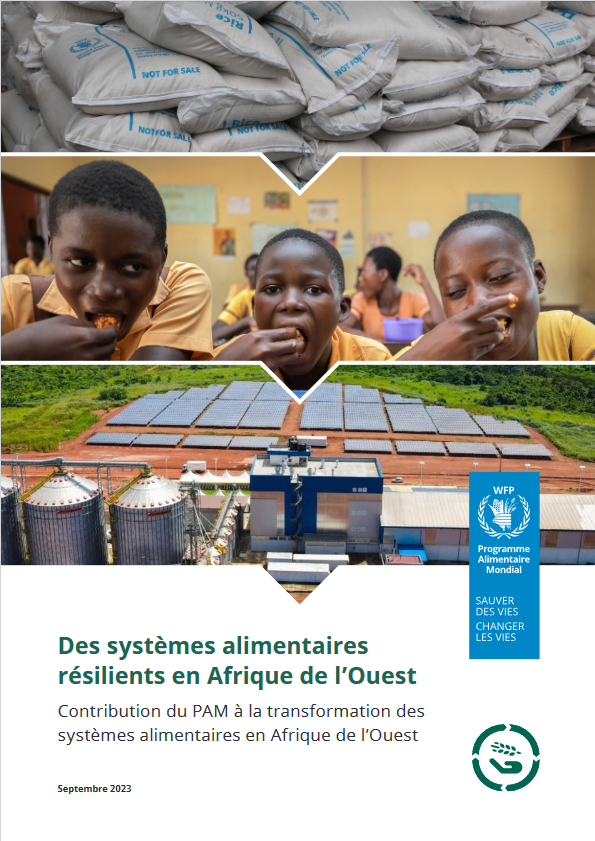The session explored strategies and tools for urban land management that are risk-informed, addressing challenges of uneven urban development, inadequate land tenure security, climate change, and disaster risks. Emphasizing the interplay between the natural and built environments, the discussion…
The present structure of polling units was created in 1996 by the defunct National Electoral Commission of Nigeria (NECON), which created 120,000 polling units and 8,809 wards (Registration Areas) to serve the purpose of registration center and voting exercise.Goal and Objectives:The aim of the…
Many people are losing direct contact with nature, a phenomenon termed as the extinction of experience. Urban dwellers are particularly affected by this process that influences public health and habitat conservation. We explored the extinction of experience among the urban populace in Nigeria, a…
Nigeria’s agrifood system (AFS) diagnostic results
Nigeria’s AFS lacked transformation between 2009 and 2019
• Primary agriculture is larger than off-farm AFS and its share in total GDP did not fall
• Off-farm share of AgDP+ barely changed over time AFS growth has been…
The International Fund for Agricultural Development (IFAD) and the Federal Government of Nigeria implemented the Nigeria Value Chain Development Program (VCDP) across six Nigerian states with the objective to improve farmer organizations’ collective efficacy, and alleviate poverty via…
The limited number of agricultural extension agents (EAs) in sub-Saharan Africa limits farmers’ access to extension services. Artificial intelligence (AI) assistants could potentially aid in providing answers to farmers’ questions. The objective of this study was to evaluate the ability of…
A bibliometric study on mapping the rice cropping systems in VMD is crucial for understanding the trend of EO-based rice mapping and how remote sensing technologies are essential to address the food security issue in the region. This article presents an overview of Earth observation (EO)-based…
2023 - Systèmes alimentaires résilients en Afrique de l'Ouest - Contribution du PAM à la transformation des systèmes alimentaires en Afrique de l'Ouest
Ce document montre comment la structure globale du PAM pour la transformation des systèmes alimentaires est adaptée au contexte…
Spatio-Temporal Measurements Of Urban Sprawl Dynamics In Oyo Town, Nigeria
Spatio-Temporal Mapping Of Urban Heat Island In Ikeja Local Government Area Of Lagos State




